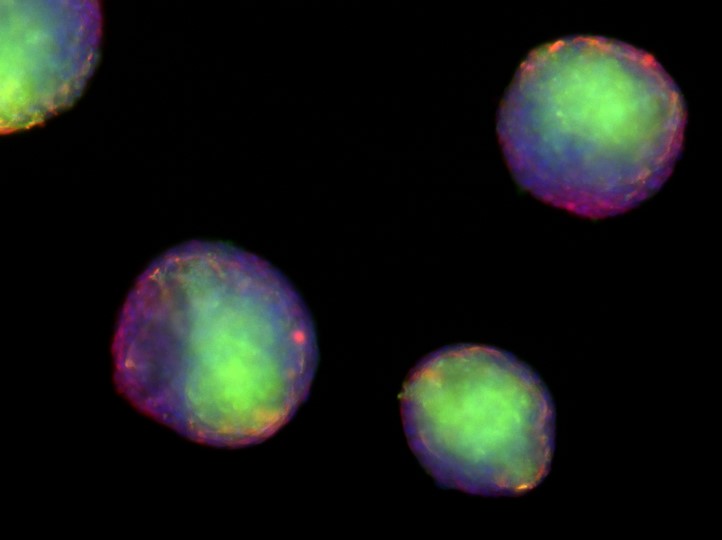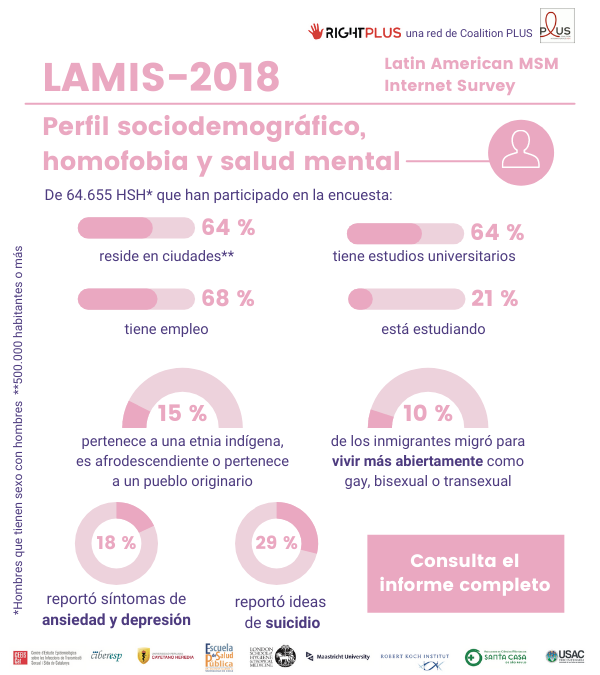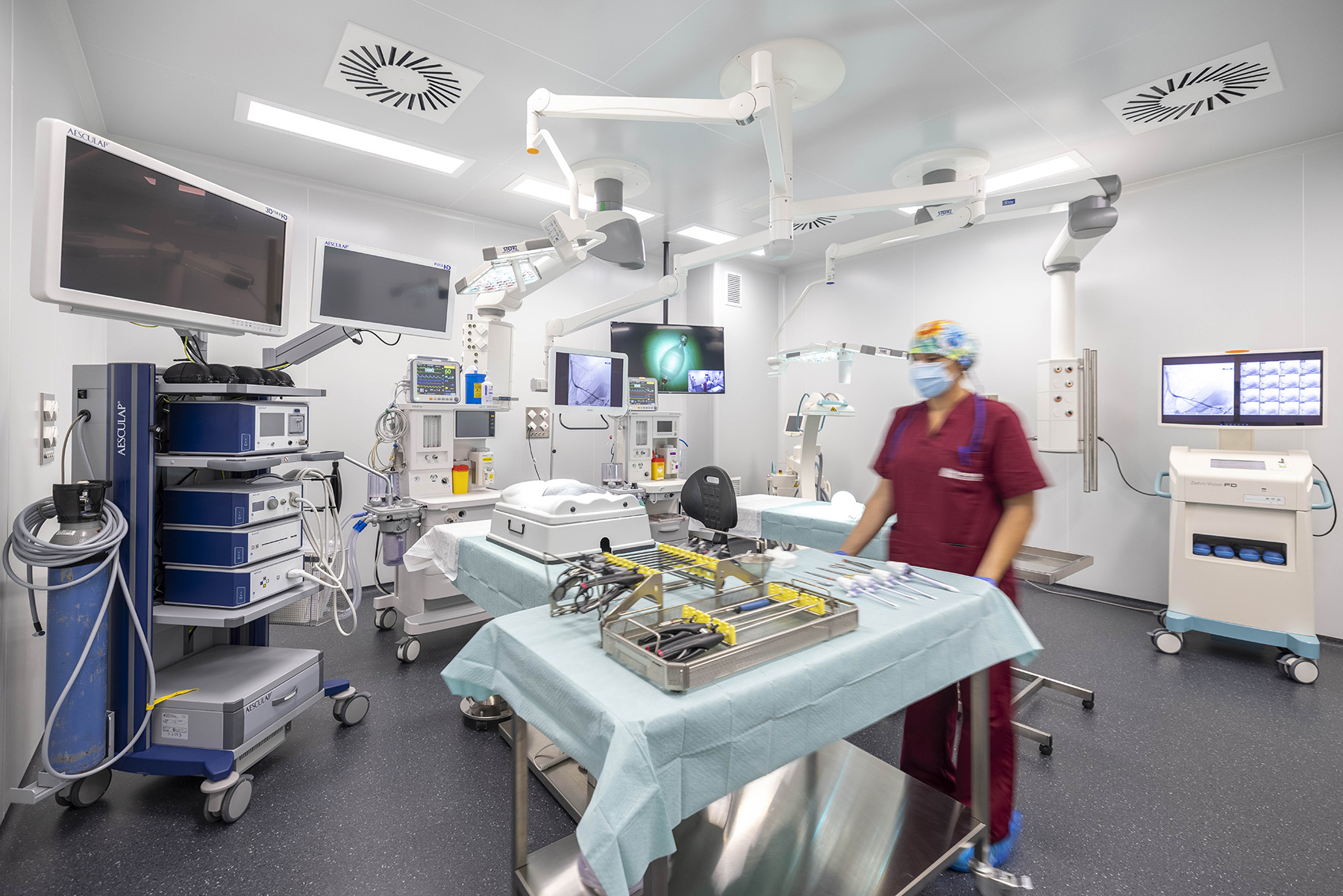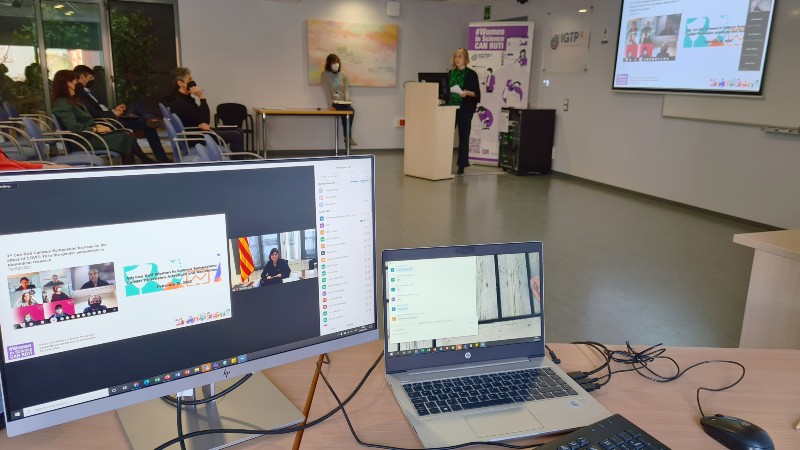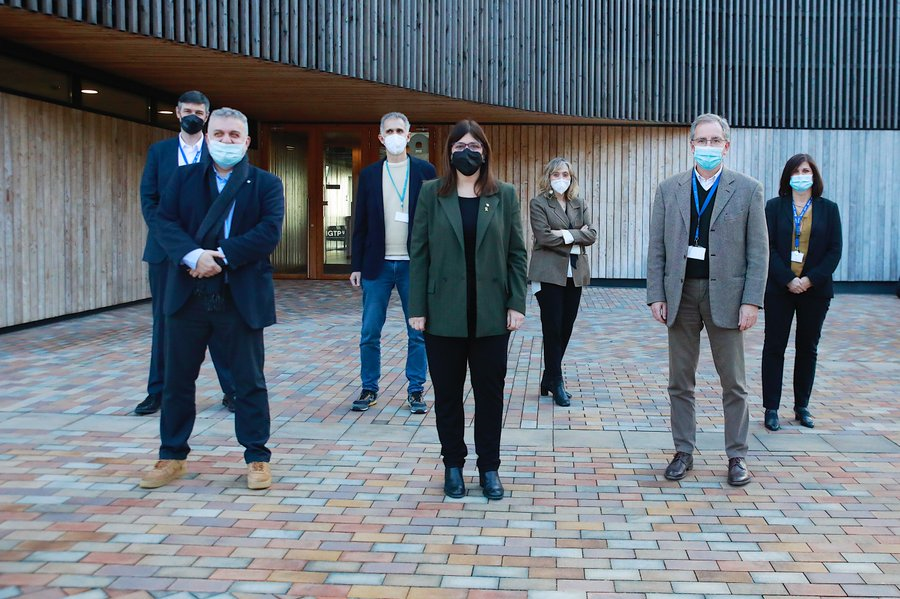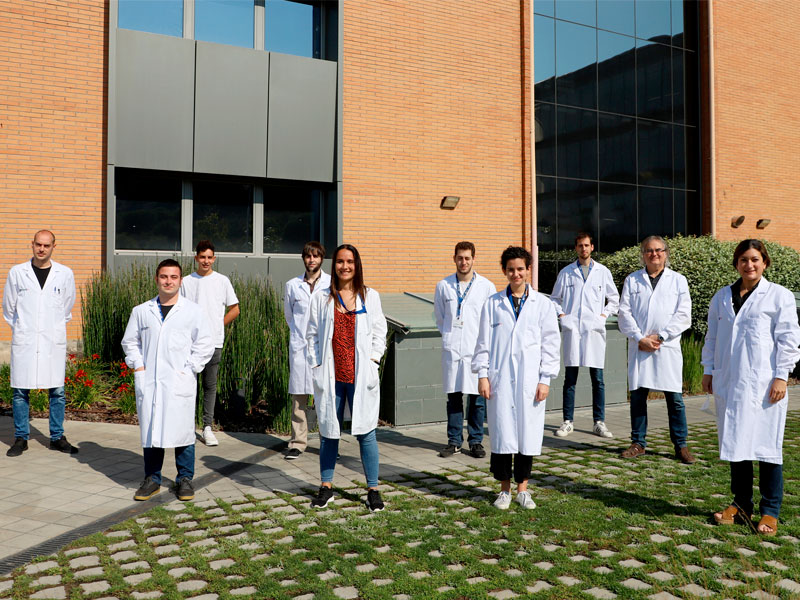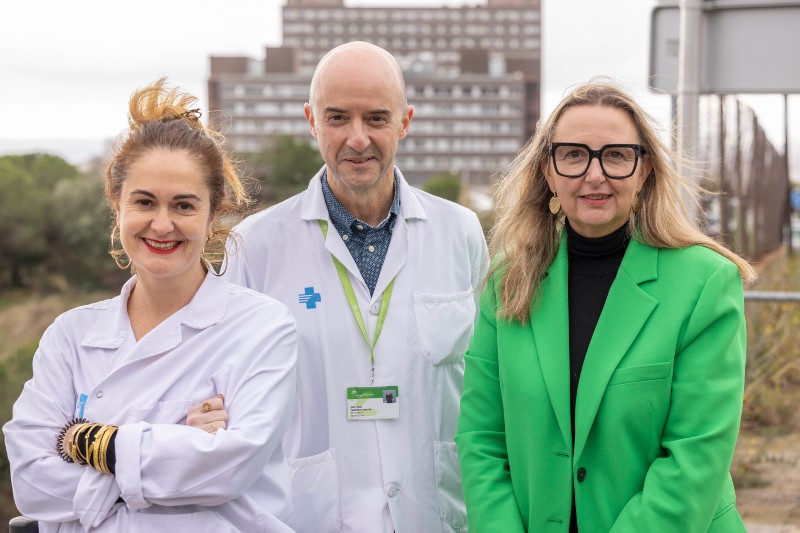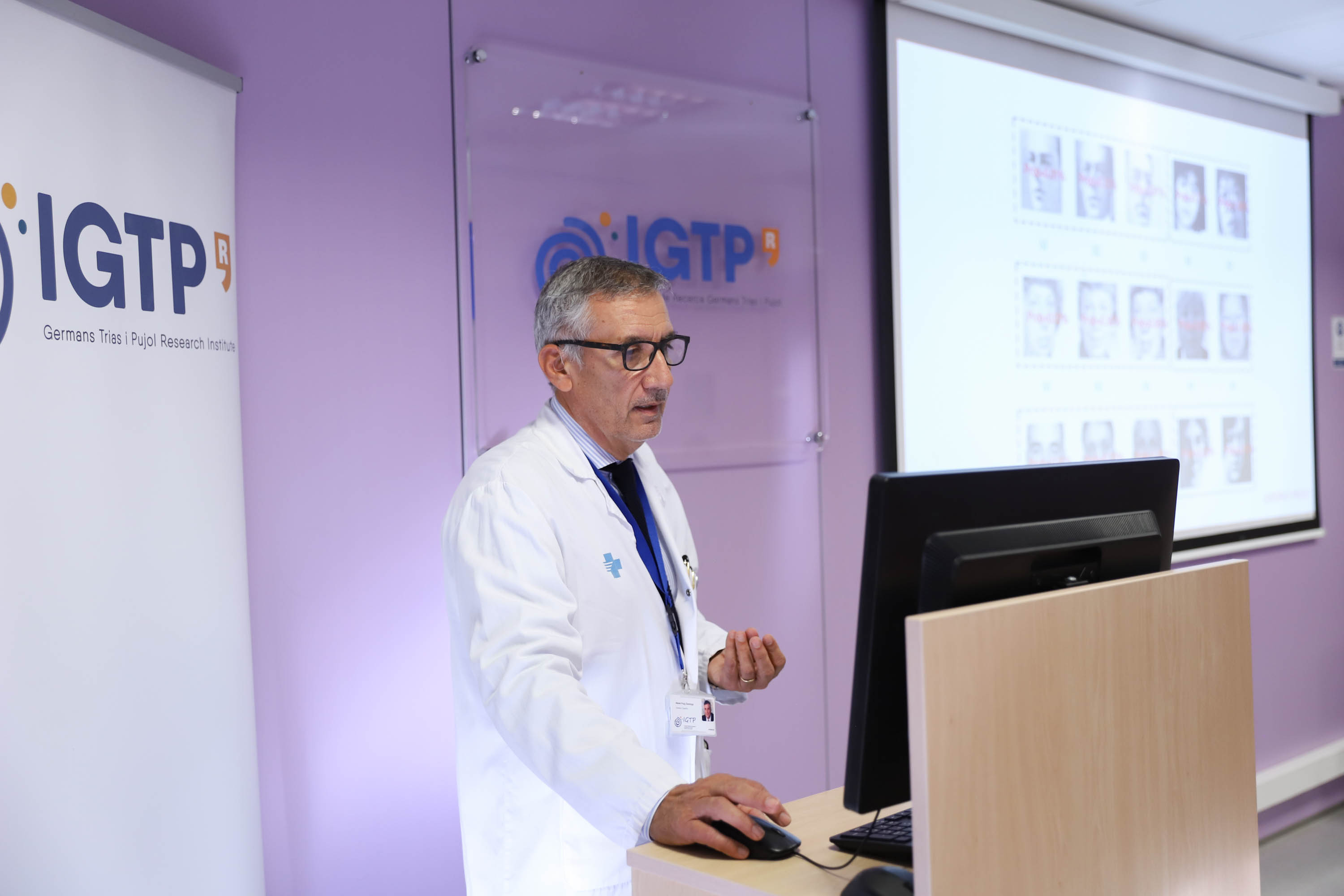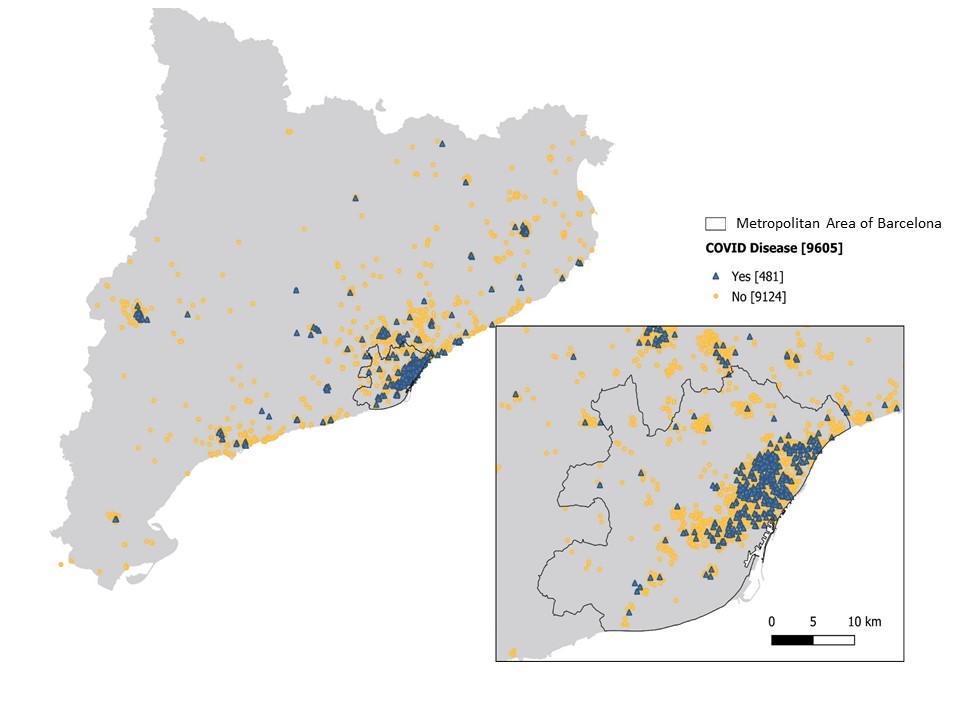The GCAT|Panel is the first complete genetic map of the Iberian population that helps identifying possible genetic causes of common diseases
The panel is the result of a collaboration between the GCAT|Genomes for Life Cohort of the IGTP and the Barcelona Supercomputing Center. Massive genome sequencing of a sample of healthy members of the population has made it possible to provide a genetic tool to study complex variants in the genome that can potentially cause common diseases. The panel will allow researchers using low-cost sequencing techniques to improve the discovery and interpretation of the genetic changes behind common diseases more easily



